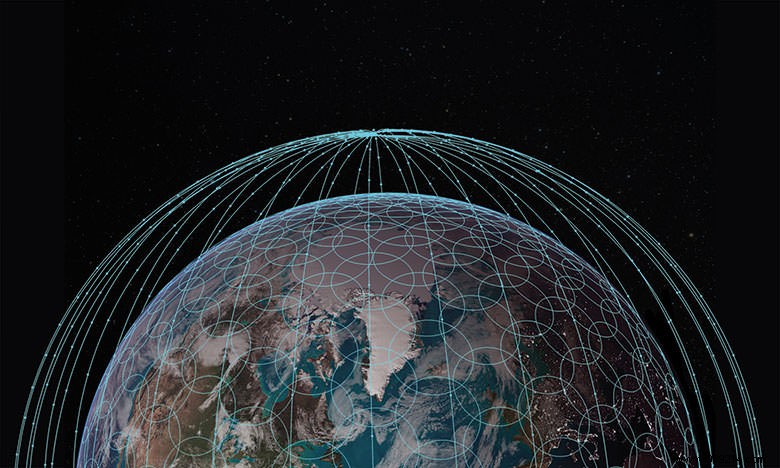As the Covid-19 pandemic continues to impact many countries, so too does the shortage of electronic components. It thus involves various sectors and could also affect the space sector, including satellite manufacturers.
For several months, a shortage of semiconductors destabilizes the global industry. This is explained by the vagaries of production and the increase in demand itself, one of the reasons of which is none other than the growing number of people working from home due to the current health situation. While some countries are about to see the end of the tunnel when it comes to the coronavirus, the crisis is not really over and neither is the shortage of components. In April 2021, we discussed the impact of this shortage on different sectors such as automobiles, cell phones, video game consoles and household appliances. However, as SpaceNews explains in an article on June 16, the space sector could also suffer from this crisis for a long time. And if the large companies should resist not without difficulty, the smallest structures are the most exposed.
Let us quote for example Airbus, in contract with OneWeb for the installation of a constellation of satellites. The European giant must regularly deliver instruments . Thus, the semiconductor orders are just as regular to be able to maintain the pace. However, Airbus like other big names such as Boeing or Lockheed Martin take priority, by status. The fact is that these heavyweights in the sector buy components in very large quantities, so the suppliers guarantee them stocks . Moreover, the survival of these societies is potentially guaranteed by certain government aids.

In contrast, smaller structures like French Actia are more in trouble. Specializing in the creation of electronic components, this company faced a drop in turnover in May 2021. Other small-scale companies, however, managed to protect themselves by stocking a large number of semi- drivers before the Covid-19 pandemic takes hold.
The biggest concern is that each delay in space-related projects can multiply . When a company or an agency wants to put a satellite into orbit, it has to find a rocket. However, the launches are very expensive and the delays very variable. We should also mention the need to establish a program , find the ideal launch window, etc. For example, missing a launch window for a satellite could mean a two-year postponement.
In the case of priority science missions that governments support, there is little to fear at this time. However, commercial companies making a few launches here and there could be very hard hit. On the other hand, if the shortage becomes permanent, the sector as a whole should take heavy damage.
The first undesirable effects are already being felt, notably with a rise in prices. Indeed, the progressive scarcity of semiconductors has its price and this could have undesirable effects on the budgets of space agencies in the near future.